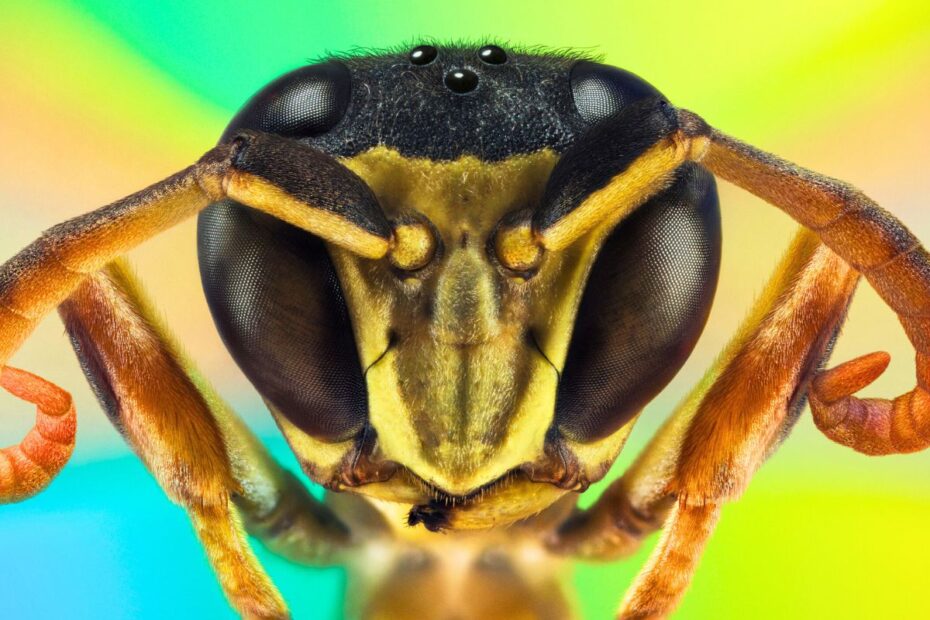Summer meals on the patio can quickly turn stressful when uninvited wasps decide to join the party. These insects are drawn to the smell of food, sweet drinks, and even floral perfumes — but they’re also influenced by color. Knowing what shades to wear (and which to avoid) could make the difference between a peaceful lunch and a flurry of buzzing around your head.
The shades wasps love — and the ones they avoid
Wasps are naturally attracted to bright, bold colors such as yellow, red, and orange. These hues mimic the tones of flowers and ripe fruit, making you an appealing target. If you want to stay off their radar, opt for neutral or pale colors instead.
Think white, beige, cream, or pastel shades. These tones make you less noticeable to wasps, helping you blend into your surroundings. Not only is this a simple and cost-free tactic, but it can be surprisingly effective if you’re spending time outdoors.
Other natural ways to deter wasps
Color is just one piece of the puzzle. If you want to make your space even less appealing to these insects, you can combine clothing choices with other natural deterrents:
-
Burn ground coffee – Place unused coffee grounds in a heat-safe dish and light them. The smell and light smoke are unpleasant to wasps and will keep them away from your table.
-
Lavender essential oil – Dab a few drops on a cloth or cotton ball near your seating area.
-
Citrus and cloves – Halve a lemon and press whole cloves into the flesh; the scent works as a gentle repellent.
-
Citronella plants – Ideal for patios or balconies, they naturally ward off wasps.
-
Plantain weed – This common garden plant is known to repel insects.
Preventing unwanted visits
When temperatures rise, wasps actively search for food and water. To reduce their interest in your outdoor dining area:
-
Clear crumbs and spills promptly after eating.
-
Wipe down tables as soon as the meal is over.
-
Offer an alternative water source — placing a shallow dish of water a few metres away can lure them away from your guests.
@ideatimes Good job#viral #foryou #cool #share #USA #foryoupage #ideatimes #fyp #fypシ ♬ Se Acabo (feat. Method Man) – The Beatnuts
If you do get stung
Despite your best efforts, accidents can happen. For quick relief from a wasp sting:
-
Honey – Its antibacterial and anti-inflammatory properties can help ease pain.
-
Apple cider vinegar – Soak a cotton pad and press it onto the sting to neutralise the venom.
By sticking to light, neutral colors and adding a few natural repellents to your setup, you can enjoy your summer gatherings without constant interference from wasps. It’s a simple strategy that keeps you comfortable — and keeps the buzz where it belongs, far from your plate.
